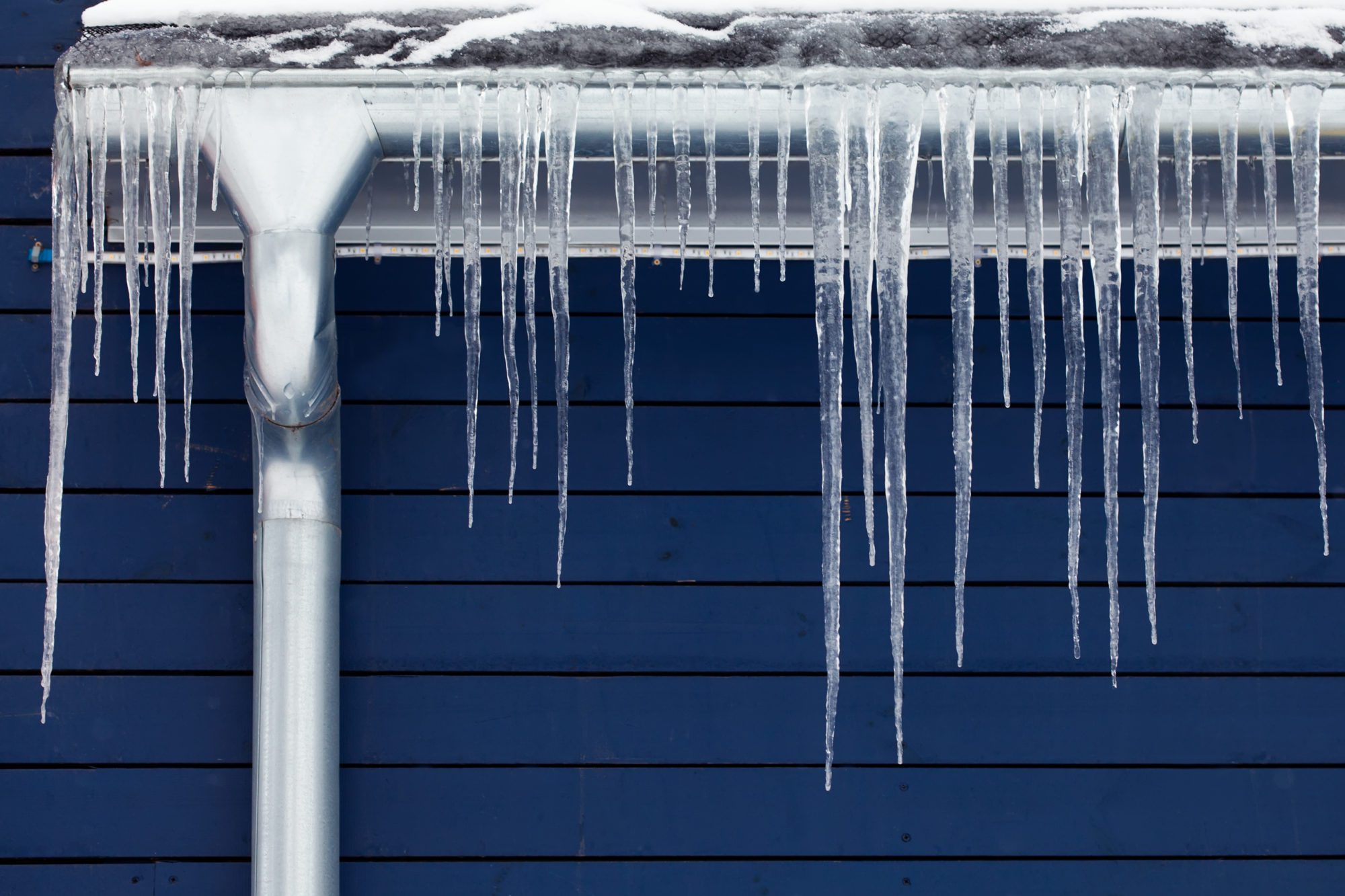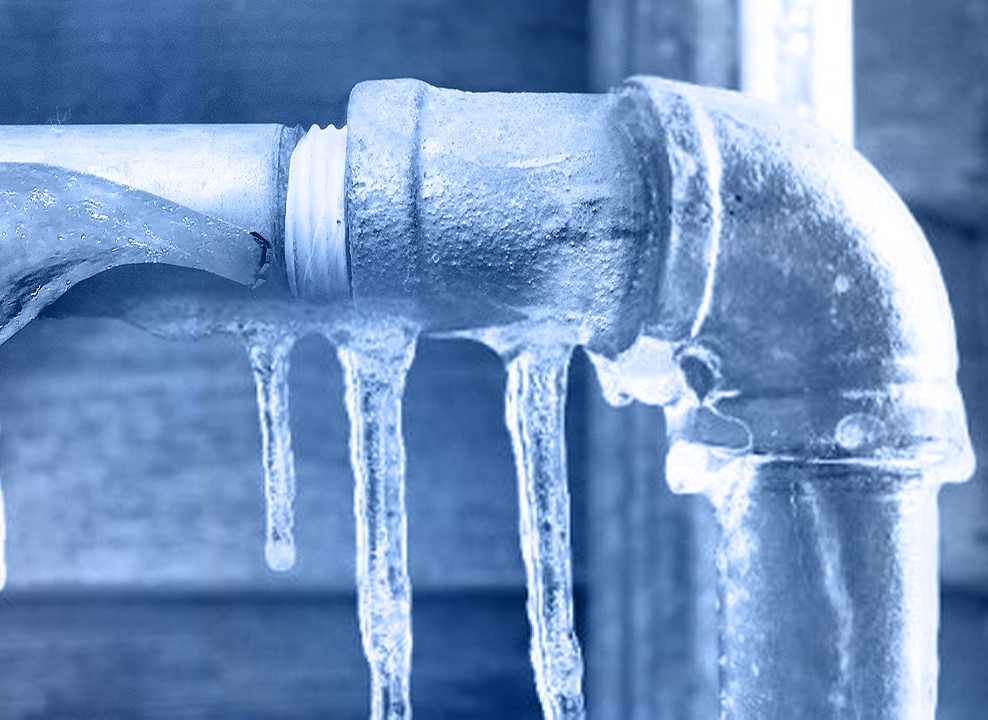How to Maintain Your Pipes from Cold Weather Damage: Crucial Advice
How to Maintain Your Pipes from Cold Weather Damage: Crucial Advice
Blog Article
They are making several good points regarding Preventing and dealing with frozen pipes as a whole in the article on the next paragraphs.

Winter can ruin your pipes, specifically by freezing pipes. Below's how to stop it from taking place and what to do if it does.
Intro
As temperatures drop, the threat of icy pipelines boosts, potentially bring about expensive repairs and water damages. Recognizing how to avoid frozen pipelines is important for homeowners in chilly environments.
Avoidance Tips
Shielding vulnerable pipelines
Cover pipelines in insulation sleeves or make use of warm tape to secure them from freezing temperature levels. Concentrate on pipes in unheated or exterior areas of the home.
Home heating methods
Maintain interior spaces sufficiently heated, especially areas with pipes. Open cabinet doors to permit warm air to flow around pipes under sinks.
Just how to determine icy pipes
Try to find reduced water flow from faucets, uncommon odors or sounds from pipelines, and noticeable frost on exposed pipelines.
Long-Term Solutions
Architectural adjustments
Take into consideration rerouting pipes away from outside walls or unheated areas. Include extra insulation to attics, basements, and crawl spaces.
Updating insulation
Buy top notch insulation for pipes, attics, and wall surfaces. Correct insulation helps preserve constant temperatures and minimizes the danger of icy pipes.
Shielding Exterior Plumbing
Garden hoses and outdoor faucets
Separate and drain pipes yard pipes before winter season. Install frost-proof faucets or cover outdoor taps with protected caps.
Comprehending Frozen Pipelines
What triggers pipelines to ice up?
Pipes freeze when exposed to temperature levels below 32 ° F (0 ° C) for expanded durations. As water inside the pipes freezes, it broadens, taxing the pipeline wall surfaces and possibly triggering them to rupture.
Risks and damages
Icy pipes can cause water system disturbances, property damage, and pricey repair services. Ruptured pipelines can flooding homes and trigger substantial structural damage.
Indications of Frozen Piping
Identifying frozen pipes early can avoid them from breaking.
What to Do If Your Pipes Freeze
Immediate actions to take
If you think frozen pipelines, maintain faucets open up to ease stress as the ice melts. Use a hairdryer or towels taken in warm water to thaw pipes slowly.
Verdict
Avoiding icy pipelines requires positive actions and quick actions. By understanding the causes, signs, and safety nets, home owners can protect their plumbing during cold weather.
6 Proven Ways to Prevent Frozen Pipes and Protect Your Home
Disconnect and Drain Garden Hoses
Before winter arrives, start by disconnecting your garden hoses and draining any remaining water. Close the shut-off valves that supply outdoor hose bibs and leave the outdoor faucet open to allow any residual water to drain. For extra protection, consider using faucet covers throughout the colder months. It’s also important to drain water from any sprinkler supply lines following the manufacturer’s directions.
Insulate Exposed Pipes
Insulating your pipes is an effective way to prevent freezing. Pipe insulation is readily available at home improvement stores and is relatively inexpensive. Pay close attention to pipes in unheated areas such as the attic, basement, crawl spaces, or garage. Apply foam insulation generously to create a buffer against the cold. You can also wrap your pipes in heat tape or thermostat-controlled heat cables for added warmth.
Seal Air Leaks
Inspect your home for any cracks or openings that could let in cold air. Seal any holes around the piping in interior or exterior walls, as well as the sill plates where your home rests on its foundation. Additionally, make sure to keep your garage door closed unless you’re entering or exiting. Leaving it open creates a significant air leak that can lead to frozen pipes.
Allow Warm Air Circulation
During cold snaps, it’s essential to allow warm air to circulate evenly throughout your home. Leave interior doors ajar to promote better airflow. Open kitchen and bathroom cabinets to help distribute heat consistently around the rooms. If you have small children or pets, be sure to remove any household chemicals or potentially harmful cleaners from open cabinets for safety.
Let Faucets Drip
A small trickle of water can make a big difference in preventing ice formation inside your pipes. When temperatures drop significantly, start a drip of water from all faucets served by exposed pipes. This continuous flow helps prevent the water from freezing. Additionally, running a few faucets slightly can relieve pressure inside the pipes, reducing the chances of a rupture if the water inside does freeze.
https://choateshvac.com/6-proven-ways-to-prevent-frozen-pipes-and-protect-your-home/

We hope you liked our piece about Preventing and dealing with frozen pipes. Thanks for taking a few minutes to browse our article. Remember to take a moment to distribute this blog entry if you enjoyed it. I praise you for your time. Don't hesitate to pay a visit to our site back soon.
Book An Estimate Now Report this page